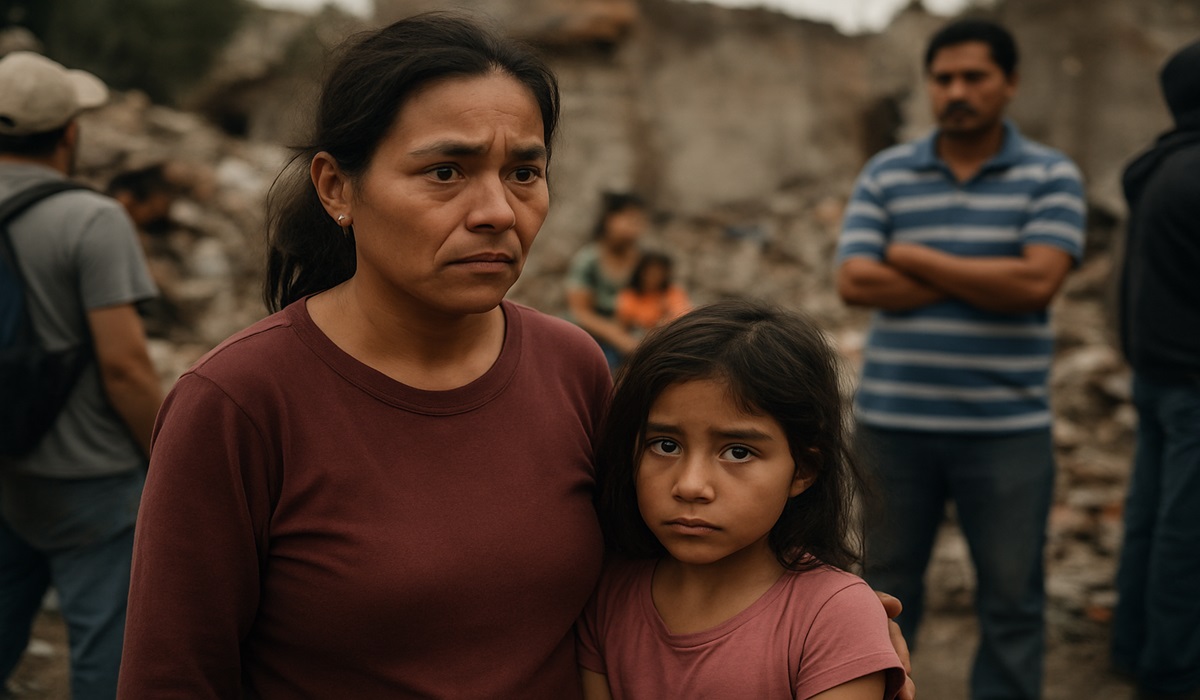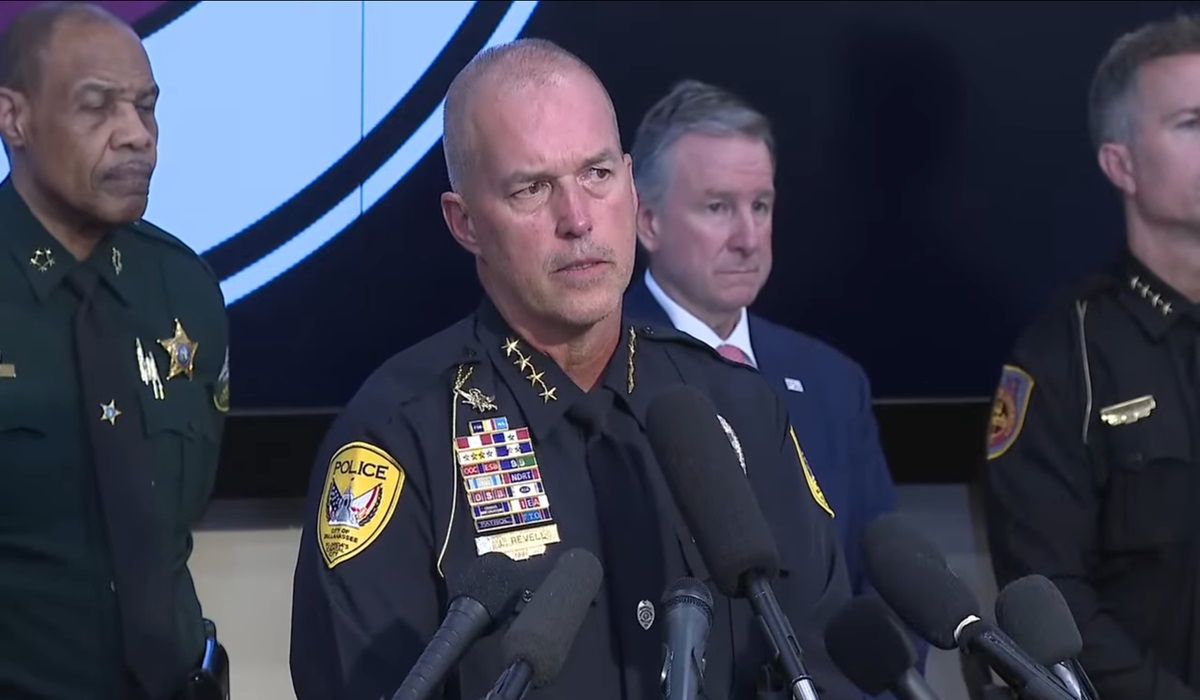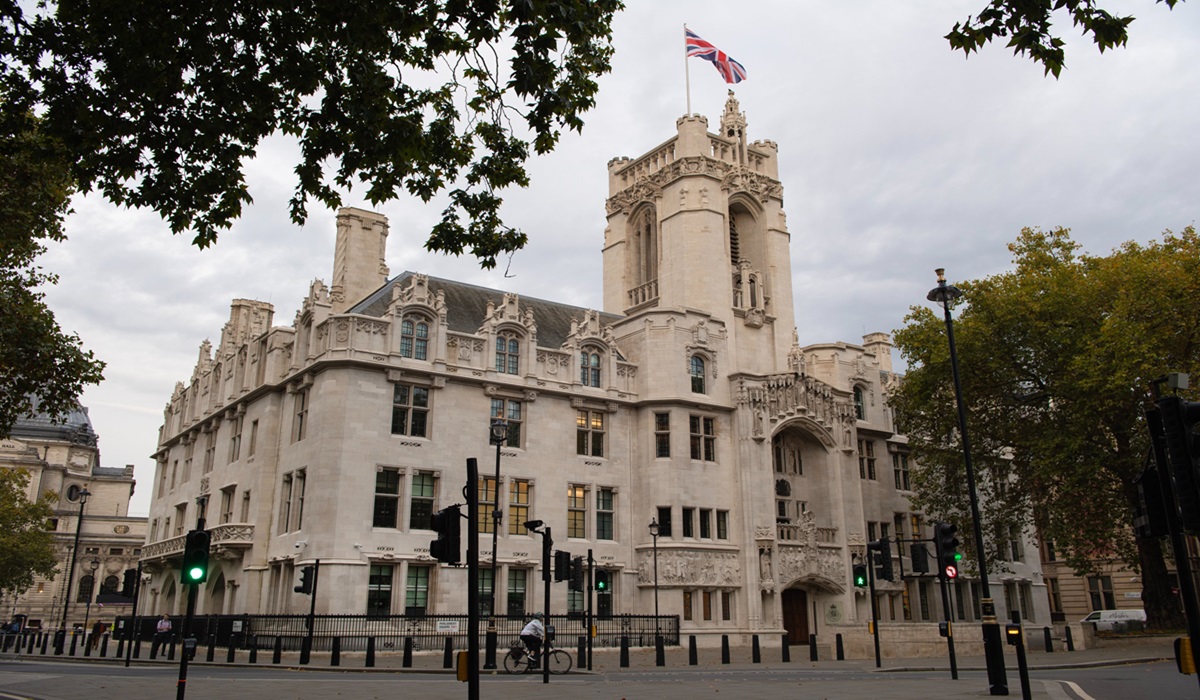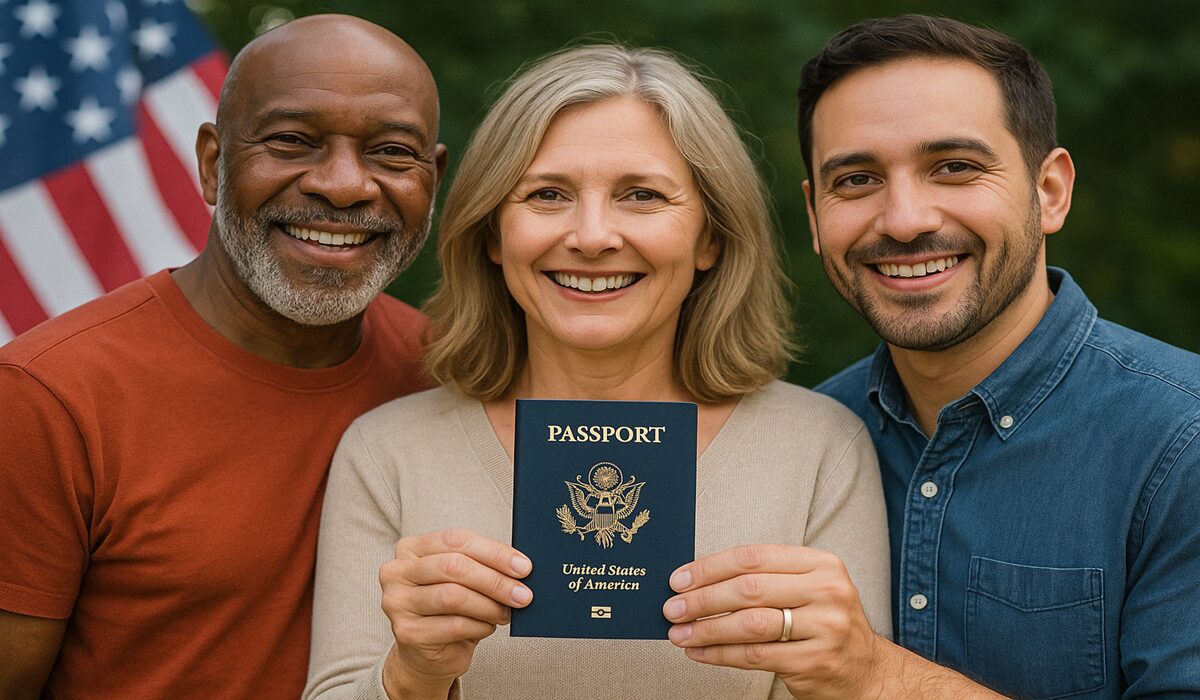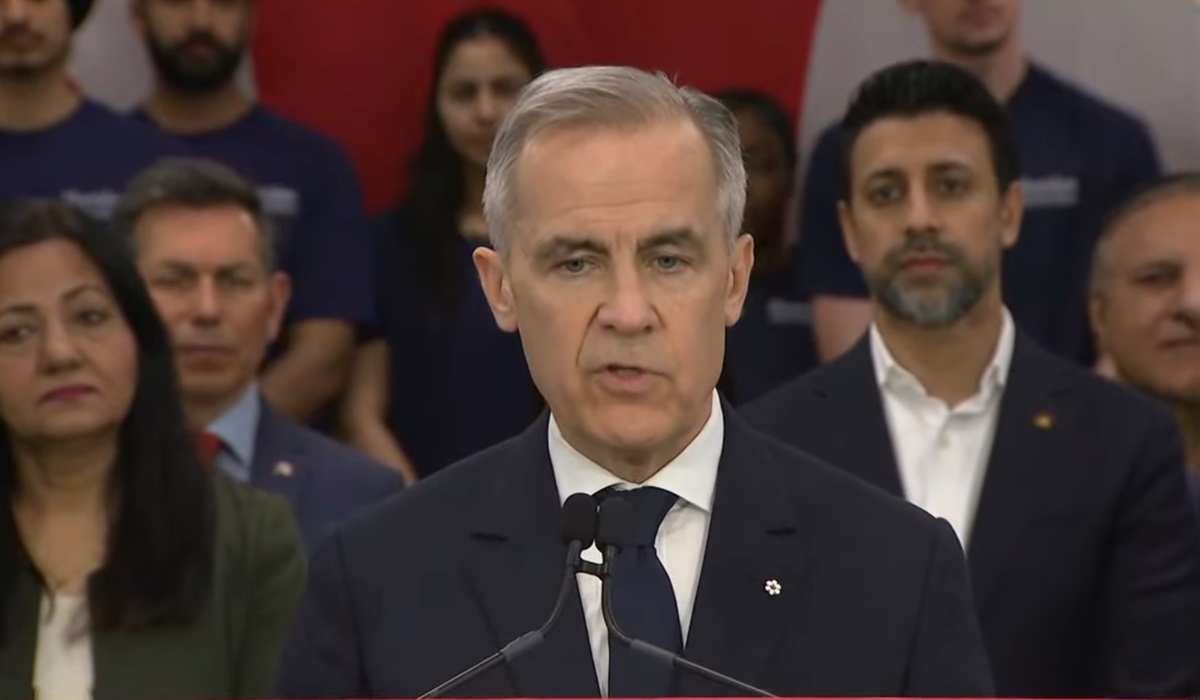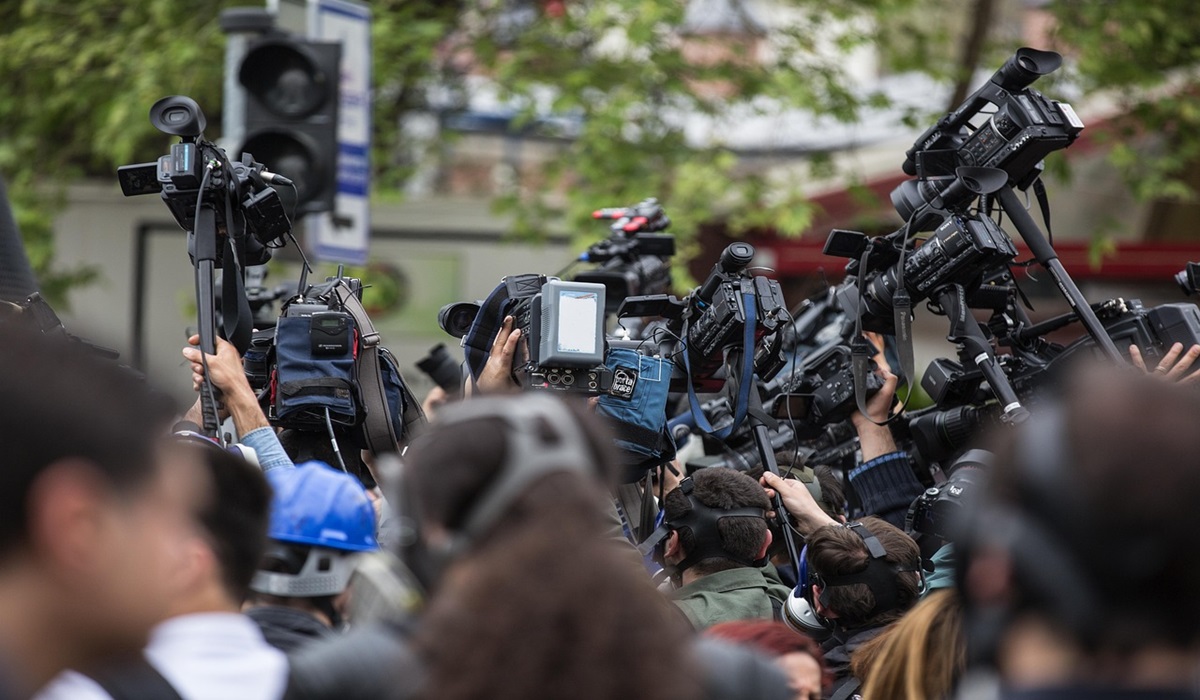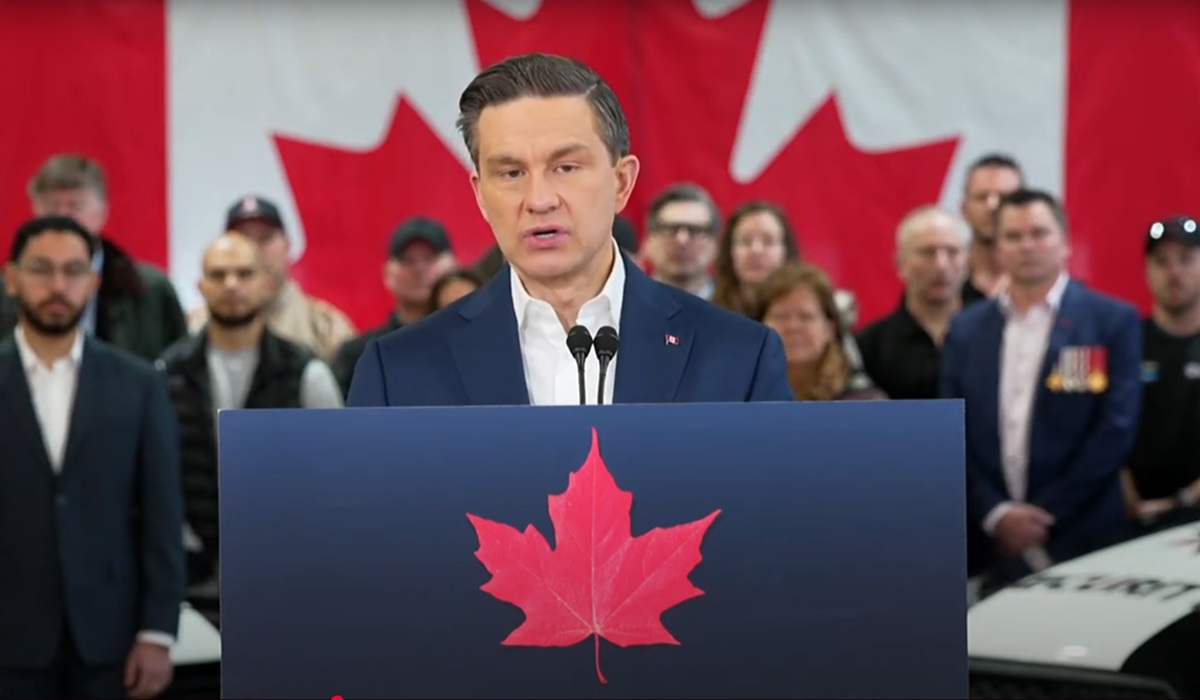El Salvador’s No-Nonsense Crackdown on Crime: A Model or a Human Rights Nightmare?
- Naomi Dela Cruz
- Latin
- Breaking News
- March 17, 2025
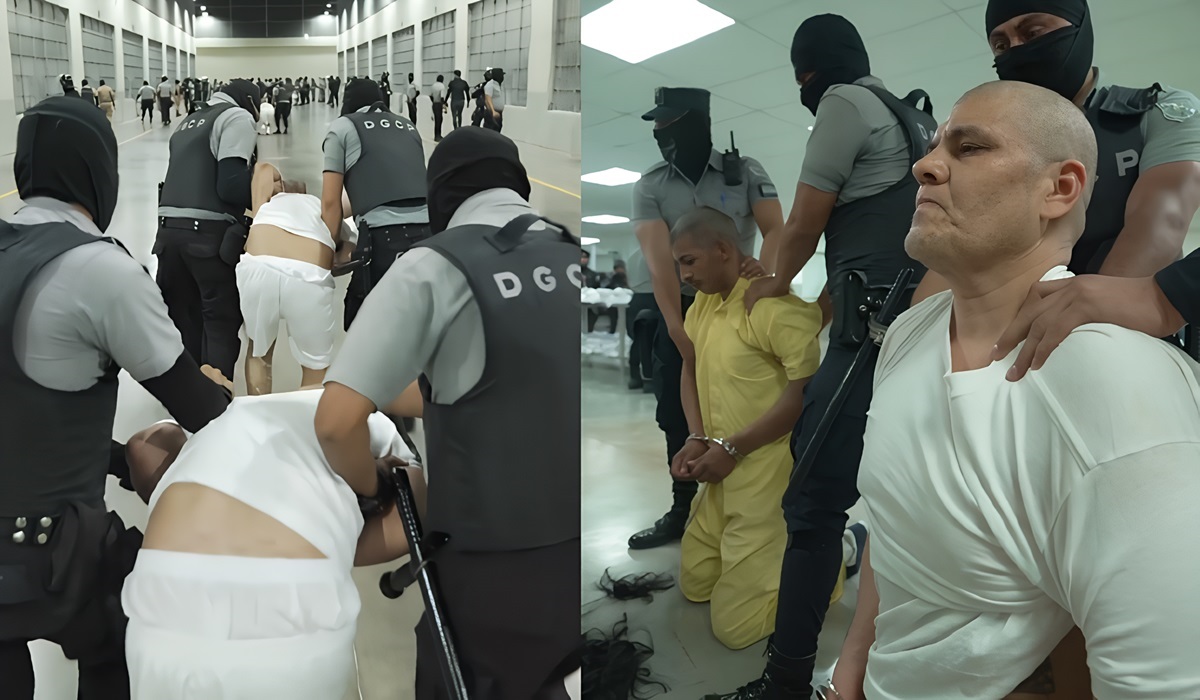
Under President Nayib Bukele, El Salvador has become a case study in the power of ruthless efficiency. Once the murder capital of the world, plagued by MS-13 and Barrio 18 gangs that ruled neighborhoods through extortion, violence, and death, the small Central American nation has transformed into one of the strictest enforcers of law and order. Now, in an unprecedented move, El Salvador has agreed to house some of the world’s most violent criminals—not just its own gang members but those deported from other countries, particularly from the United States.
This deal, which sees the United States deporting dangerous gang members directly into Bukele’s high-security mega-prison, the Centro de Confinamiento del Terrorismo (CECOT), is as controversial as it is effective. Under the arrangement, the U.S. pays a small but substantial fee per inmate to El Salvador to house some of the worst offenders, including members of MS-13 and, most recently, 238 members of Venezuela’s Tren de Aragua criminal organization. This agreement, according to Bukele, will not only bolster El Salvador’s crackdown on crime but also make its prison system financially self-sustainable.
A Supermax Like No Other
CECOT, El Salvador’s Terrorism Confinement Center, has become a symbol of Bukele’s iron-fisted approach to crime. The prison, one of the largest in the world, is designed to hold over 40,000 inmates under some of the most restrictive conditions imaginable. Inmates are stripped of all power and influence, kept under constant surveillance, and subjected to extreme isolation to ensure they have no way to communicate with the outside world.
For many, CECOT is the final destination for gang members who once terrorized the streets. With no parole and a one-year renewable detention policy, many of these criminals will likely never leave. The image of shackled prisoners, heads shaved, tattoo-covered bodies stripped down to nothing but white shorts, became a stark warning to criminals worldwide: There is no future in crime under Bukele’s rule.
But the real shock comes from El Salvador’s decision to expand this facility into an international holding center for violent offenders. The inclusion of Tren de Aragua members, a Venezuelan gang known for its brutal executions and transnational criminal operations, marks a shift in how countries handle organized crime. Rather than struggling to imprison or execute justice within their own borders, governments may now turn to El Salvador as a contractor for high-security imprisonment.
America’s Role in the Crackdown
The United States has taken a no-nonsense approach to violent crime under this agreement, ensuring that gang members arrested within its borders do not remain in its prisons indefinitely. Deporting them directly to a country like El Salvador, where incarceration means total isolation, extreme control, and no chance of returning to their previous lifestyle, is an alternative to keeping them in U.S. prisons, where they often recruit and operate with outside networks.
The recent transfer of 23 MS-13 members, including two top ringleaders, directly into El Salvador’s justice system is part of a broader strategy to dismantle international crime syndicates. By removing these criminals from American soil and placing them in one of the most restrictive prisons in the world, the U.S. effectively outsources its gang problem to a nation that has made the eradication of these groups its top priority.
Critics argue that this method borders on human rights violations, with mass arrests and long-term detentions without proper trials. But Bukele has made it clear: human rights arguments hold little weight when a nation’s people have suffered for decades under the grip of terror and extortion.
A Nation Transformed—But at What Cost?
Before Bukele’s administration, El Salvador was a war zone for civilians, with one of the highest murder and rape rates in the world. MS-13 and Barrio 18 operated like shadow governments, controlling entire towns, extorting businesses, and forcing thousands to flee their homes.
Today, El Salvador is almost unrecognizable. The streets are safer, families no longer live in constant fear, and economic growth is returning as tourism and foreign investment increase. For the first time in modern history, Salvadorans can walk their streets at night without fear of being murdered, raped, or extorted.
But does that justify the means? Mass arrests, long-term imprisonment without trials, and the total militarization of police forces have made El Salvador’s security strategy one of the most extreme in the world. Bukele’s supporters argue that this is what leadership looks like—a president who prioritizes his people over international opinion. The 9 out of 10 Salvadorans who approve of Bukele’s policies believe the trade-off is worth it.
His critics, however, raise concerns about indefinite detention, overcrowding, and a lack of due process. They warn that while crime rates are at historic lows, what happens when the war on gangs is over? What will Bukele’s government turn its security apparatus toward next?
A Global Shift in Criminal Justice?
El Salvador’s prison deal with the U.S. and its willingness to house violent criminals from around the world could reshape how nations handle transnational crime. Countries struggling with organized crime may begin contracting El Salvador as a security partner, effectively making Bukele’s government the world’s warden for violent offenders.
But is this sustainable? Can a small country continue absorbing the world’s most dangerous criminals without long-term consequences? Will the global community turn a blind eye as human rights organizations decry Bukele’s approach?
The real question is not whether El Salvador’s transformation is working—it is. The question is whether the world is prepared for the consequences of outsourcing its criminal problem to a nation willing to imprison its worst offenders with no second chances.
And for Salvadorans, the answer is simple: If it means living in peace, the trade-off is worth it.

